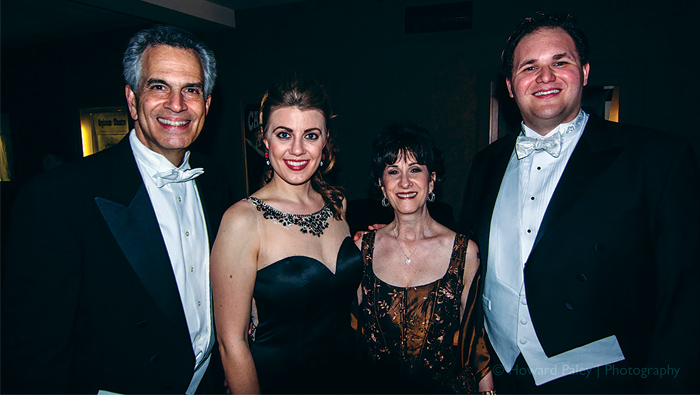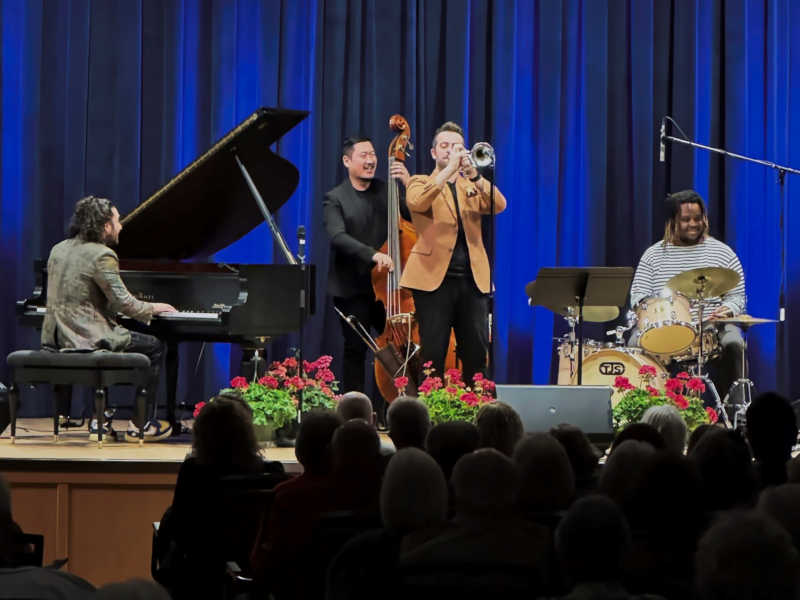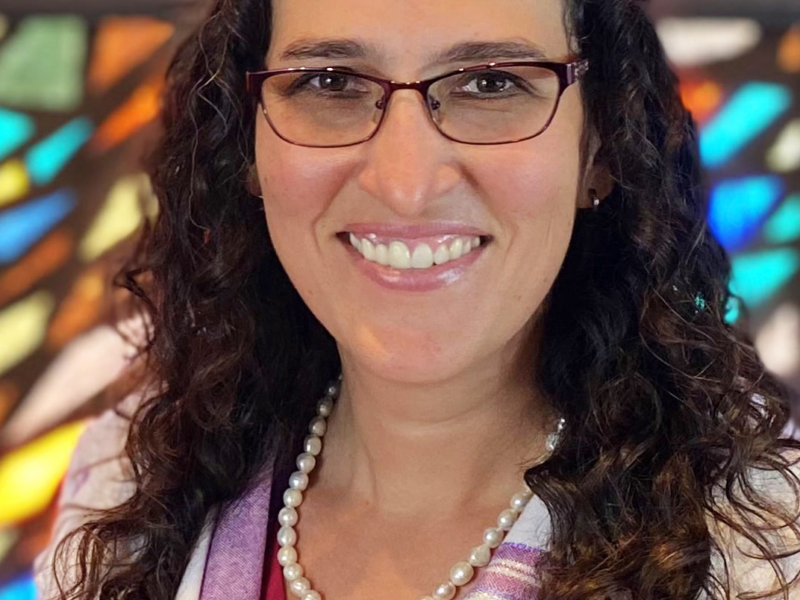Gail Dubinbaum is pretty sure she came out of the womb singing opera. “My mother was my first teacher,” says Gail. “I studied with her for many years and she truly was an inspiration to me.”
After graduating from Arizona State University (but not in music!) Gail briefly attended the University of Arizona in Tucson, on an opera scholarship established just for her. She then moved to California and began studying with a renowned teacher, who prepared her for the Metropolitan Opera auditions in New York – which she won. A year later, she was singing on stage at the Met.
“It went very fast and I worked with some of the greatest singers in the world,” says Gail. She traveled to Europe and studied under the great German soprano Elisabeth Schwarzkopf, who paid for her master classes. “She was one of the greatest singers in the world, and [she] gave me so much that I feel a huge responsibility to share my knowledge and to give back to people as much as possible.”
This idea of giving back is what spurred Gail and her husband, John Massaro, to start Phoenix Opera Company in 2008. “We recognized that there was a great deal of talent here that perhaps was not receiving as much opportunity as we thought they could,” says Gail. John, who serves as maestro, had also been an integral part of Gail’s career. “He would stand on the side of the stage as I was performing at the Metropolitan,” says Gail. “He coached many singers and did a lot of conducting – and we always had ideas of how we would do things if given the opportunity.”
Aside from bringing some of the greatest opera talent to the Valley, Phoenix Opera puts on community events and administers education and outreach programs around Arizona. The opera’s most unique annual event is the Southwest Vocal Competition. Now in its third year, the American Idol-type competition for participants ages 20 to 35 offers the opportunity for singers to audition and be heard by international judges, heads of opera companies, talent agents – all the key people who can help further someone’s career. The top 10 finalists earn prize money to use toward summer programs, auditions, lessons and travel.
The first two rounds of the competition are free and open to the public. The final round, as Gail explains, “is a chance for the singers to put on their tuxedos and evening gowns and perform with a full orchestra and conductor and sing their best arias.” The singers are also interviewed on stage so the audience gets to know them “as real people,” says Gail. “We take great pride in this event, because we are nurturing and developing and helping to launch what I think are extraordinary talents.”
Another unique aspect of the competition is that it’s an ideal marriage of arts and science, created by people who have a passion for understanding the mechanical process and the beauty it can produce. “It’s an interesting collaboration and a unique experience from beginning to end,” says Gail.
Additional collaboration comes from Dr. David Lott and his team at the Department of Otolaryngology (ear, nose and throat) at Mayo Clinic in Phoenix, where they educate singers, teachers and public speakers about vocal health.
Dr. Lott originally reached out to Gail because she is also a voice teacher and had worked with some of his patients during rehabilitation. “There isn’t another department like this in this region of the country,” says Gail. “It is highly beneficial for singers to know that there is a place they can go” if they need treatment.
Gail also lectures in tandem with the otolaryngology department and has arranged for singers to be “scoped” while singing the “Queen of the Night Aria.” “We had singers singing with scopes [in] their nasal cavities so [the doctors] could see what their vocal cords were doing!” says Gail.
Singing is very demanding and physical. “You can’t see or touch your ‘instrument,’” says Gail, stressing that everything impacts voice. “If you’re singing correctly, you won’t feel it. The whole body resonates – the whole body is the instrument. It’s a very fragile thing.” Gail goes on to stress that “you can buy another instrument, but you can’t buy another voice. The human voice is what we hear in our mother’s body and it’s the first contact we have with the outside world.”
Gail points out that musicians often wear many hats: “I have taught cantors here in the Valley and I cantor out of state for High Holy Days. John has been music director at many synagogues and still works over at Temple Solel [in Paradise Valley].”
When it comes to being a successful opera singer, Gail shares this advice: “Find an excellent teacher who cares about developing the community. Become the best musician you can, become the best linguist you can. Take dance and acting classes. Educate your ears. Learn what is required to be an opera singer. Listen and watch the finest performers. Find the people who are singing the aria you want to sing and watch every production from all over the world.”
“Music is in our hearts and our lives in every aspect,” says Gail fondly. “Everyone can be trained to appreciate music.”
The Southwest Vocal Competition was held on March 5 at the Orpheum Theatre in Phoenix. Jeffrey Strand, from Mesa, won first prize male; Anna-Lisa Hackett, also from Mesa, won first prize female and audience favorite. Contact the Phoenix Opera at 866-OPERA4U (673-7248) or visit phoenixopera.org.





